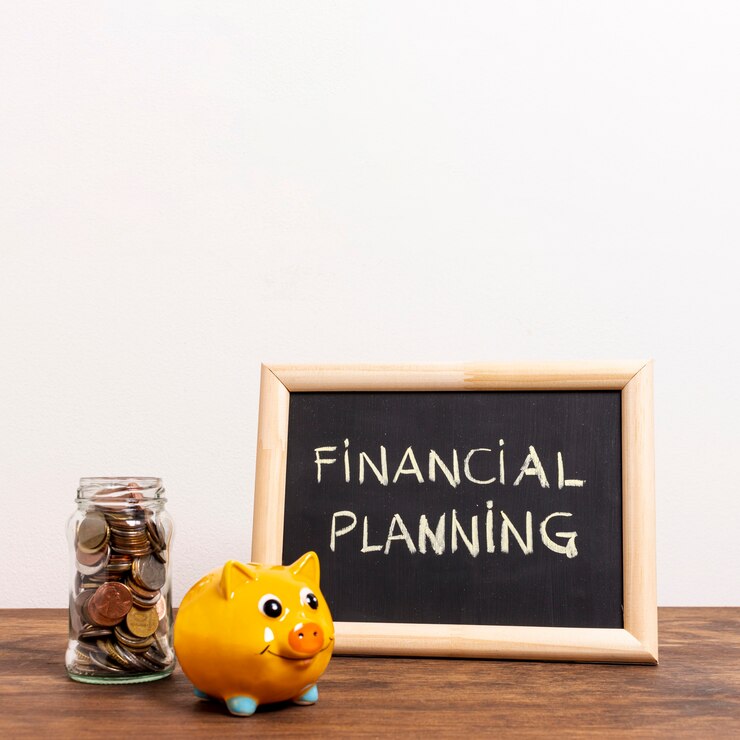How to Recover Financially After a Loan Settlement
Settling a loan may provide short-term relief, but it often leaves a lasting mark on your financial records—lower credit scores, limited credit options, and uncertainty about the future. However, financial recovery post-loan settlement is achievable. With the right actions, you can rebuild credit after settlement and regain financial control.
Understand the Effect of Loan Settlement
A loan marked as “settled” instead of “closed” on your credit report indicates that the full amount was not repaid. This can lower your credit score by 75–100 points or more and may remain on your record for up to 7 years. Understanding this impact helps in planning your next steps.
Review Your Credit Report Thoroughly
Start by checking your credit report from agencies like CIBIL, Equifax, or Experian. Look for:
-
Loans labeled as “settled” instead of “closed”
-
Reporting errors or duplicate entries
-
Other outstanding dues or missed payments
Correcting inaccurate information can help improve CIBIL after settlement.
Step-by-Step Credit Rebuilding
Rebuilding your score after settlement involves consistent, responsible financial behavior. Pay EMIs and bills on time, keep your credit card usage below 30% of the limit, and avoid applying for multiple loans at once. These actions contribute steadily to rebuild credit after settlement.
Use a Secured Credit Card to Rebuild
Secured credit cards backed by a fixed deposit are an effective way to improve your credit. Make small purchases and clear the balance in full before the due date. Over time, this helps improve your score and builds a positive credit history.
Start an Emergency Fund
Financial difficulties often come without warning. Begin saving at least 10% of your income in a separate account or liquid fund. This helps avoid future dependency on high-interest loans during emergencies.
Stay Away from Risky Credit Options
Avoid turning to unregulated lenders or apps that offer instant credit with high interest. Also, avoid credit cards with steep annual fees. Focus on building financial discipline and a steady credit profile before seeking new credit options.
Explore the Possibility of Re-Negotiation
In some cases, banks may allow you to pay the remaining balance after a settlement and update the status to “closed.” If you are financially able, this can greatly support your financial recovery post-loan settlement.
Set Financial Goals and Budget Wisely
Design a monthly budget that includes essential spending, EMIs, savings, and controlled personal expenses. You can use tools like Excel sheets or mobile apps to stay on track and avoid overspending.
Improve Income Sources
If the loan settlement happened due to income issues, consider taking up freelance work, part-time jobs, or monetizing skills. Selling unused items or enrolling in upskilling courses can also boost your income gradually.
Seek Financial Advice If Needed
Talking to a financial counselor can give you a clearer picture of how to bounce back. Many NGOs and services provide free or affordable support to guide individuals on managing their money after a settlement.
Final Thoughts
Loan settlement doesn’t end your financial journey—it offers a chance to rebuild. With the right mindset, you can rebuild credit after settlement, improve CIBIL after settlement, and achieve complete financial recovery post-loan settlement. Take the first step today. If you’re unsure where to begin, Contact Us and get the support you need.



